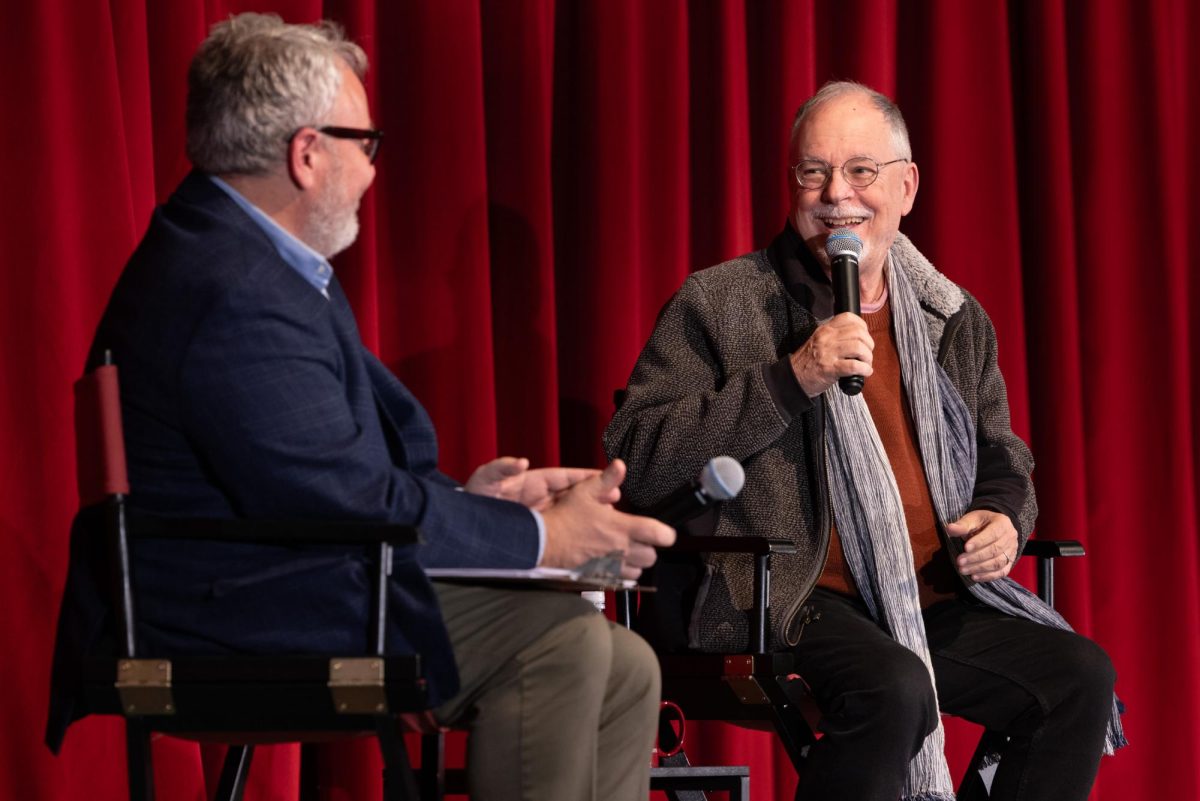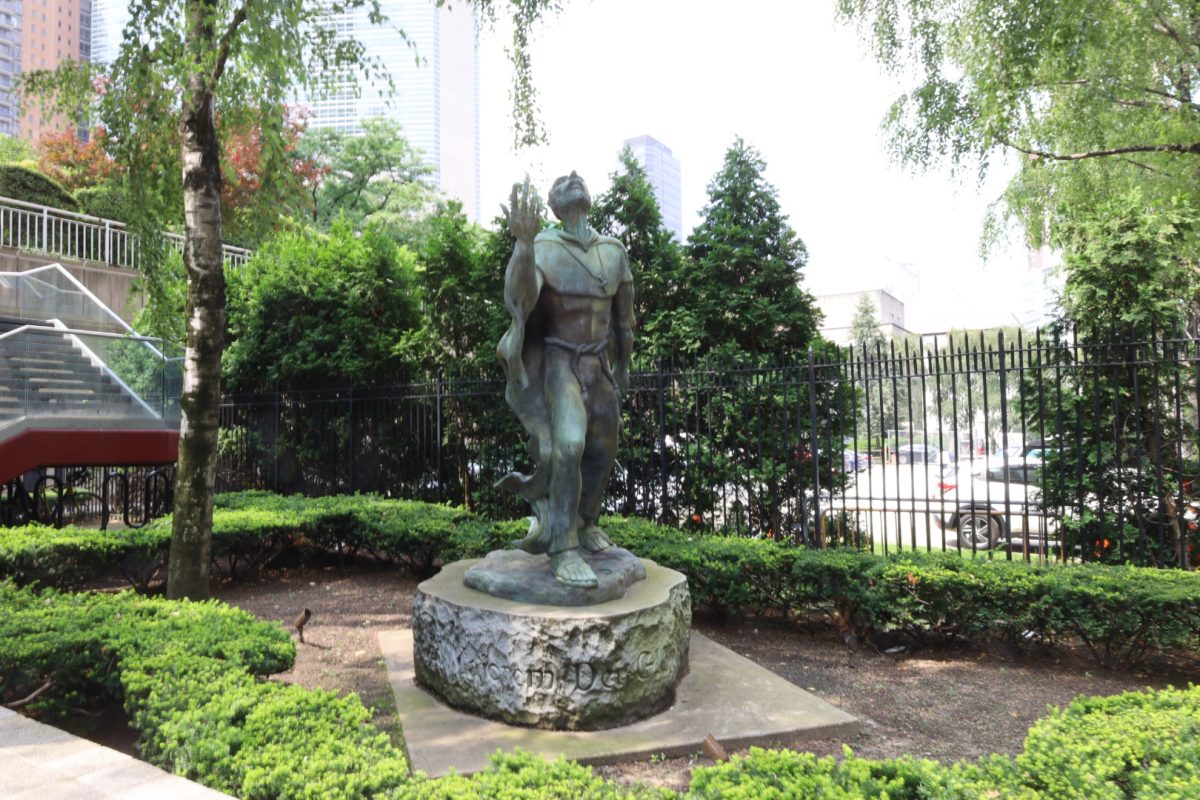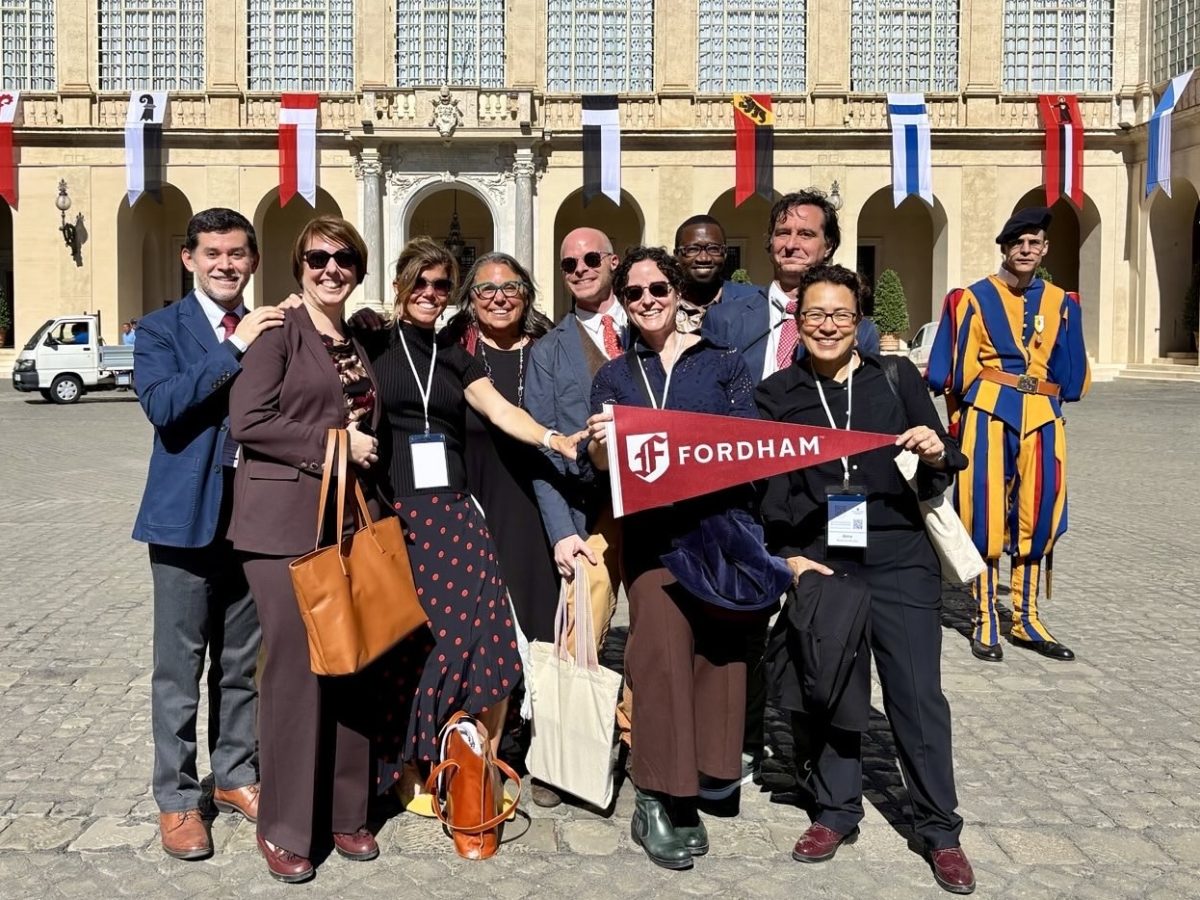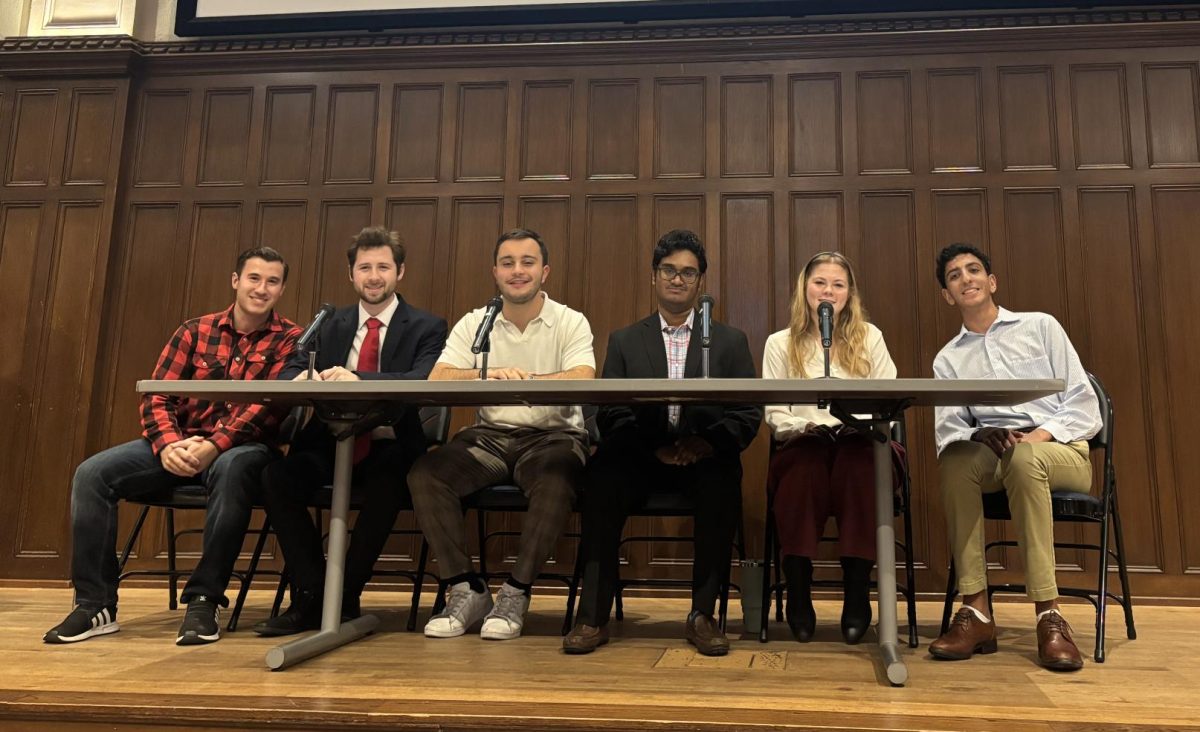By Maliha Gul
Every year, Fordham accepts an average of 4 percent of transfer student applicants, and 7 percent of international student applicants. Transferring into a new school can be tough. Along with the difference in curriculum, one must adjust to a new environment. There are many things to worry about: new place, new classes, new professors and a new beginning.
Ricky Flamio, FCRH ’16, who transferred to Fordham from Cornell University during his sophomore year, had no major qualms about the transfer process.
“It was easy,” he said. “They gave me a fair amount of core credits when I transferred.”
Ricky, who lives in Eastchester, transferred to Fordham to take advantage of its proximity to the Bronx Zoo. “I’m at the zoo now, so I just think it worked better with what I want to do,” he said. “Right now I’m doing my senior thesis with the zoo and with the school, so it makes a lot more sense for what I want to do in my career.”

Chris Spinelli, FCRH ’15, who transferred from Quinnipiac University, and shares Ricky’s sentiments. “The paperwork wasn’t difficult at all,” he said. “ I got the maximum amount of transfer credits … The process itself was easy, but transitioning into the whole Fordham community was a little bit more difficult, especially being commuters.”
For Flamio, fitting into the Fordham community was not a problem at all. “I had gone to high school only 10 minutes away, and I knew a lot of people that already went here,” he said. “Also I just made friends with people in class and through clubs and just sitting in the commuter lounge.”
Flamio, who is part of the Pre-Vet club and spends his time volunteering at the Bronx Zoo, shared his love for the commuter lounge. “I love the commuter lounge. I think everyone in the Commuter Students Association is very nice.”
“I just really talked to people in my classes,” said Spinelli, who transferred to Fordham as a junior. Since Spinelli also lives nearby in Westchester, he was not overly concerned about making friends. “I wasn’t too worried about making friends because I’ve got a few at home who don’t go away for school.”
In terms of advice to transfer students, Spinelli says, “Fordham’s a great school. Don’t be shy, and get involved.” And if you’re a commuter, “Don’t take a.m. classes!”
The advice Flamio gave was similar: “Everyone’s really nice so don’t be scared or nervous. Everyone is really willing to help.”
For exchange students and international students, it may be harder to navigate the waters.
“So far, it’s nice, but the only thing that’s troubling me is the load of assignments compared to my school is too much,” said Christine Lee, FCRH ’17, an English literature major who arrived early this spring as part of a foreign exchange program from Sogang University in her native South Korea. Since she has grown up learning English in school, conversation is not a problem. The problem, however, was the difference in workload. Although her conversational English is perfect, and she understands her classes, it is a different experience to be having all her classes in English and writing papers in the language.
“I used to go to International School when I was in middle school and high school, so English literature classes that I took in Korea were quite okay for me because I had experience in international schools, but here the difficulty is quite different, the load of assignments they expect,” she said. “For one of my classes, the assignment is to finish a book within one week, and compared to Korea, that’s something unbelievable.”
At first, it was even hard to make friends. Lee blames this mostly on the rigor of her classes. “There wasn’t really a chance to make [friends]” she said. “I’m still taking time to get used to how the classes are formatted.”
Lee said that she considered many things about Fordham before finally deciding to attend. “Before I chose the school, I had a wide variety of schools that I could go to,” Lee commented, “I found out that Fordham was one of the highly-ranked schools in America. Secondly, I considered the location, and then, since it was located in the city, like not in the middle of the city, but it was near Manhattan, that’s why I chose it.”
Lee only wished that Fordham had given her more chances to get involved. “My friends who choose to go to different school’s, their schools have a lot of programs for exchange students,” she said. “But then here, they expect you to find everything by yourself and then get involved by yourself… Compared to other school that I know of. Fordham doesn’t really have any programs that involve international students with programs that they have within the school.”
Although she admitted that the Global Transition Program and the New Student Orientation (NSO) were helpful, neither offered the guidance she had been hoping to receive as an exchange student. However, things are not all bad for Lee, who returns to South Korea after the spring term is over. “I didn’t know how to specifically get involved, but I went to the club fair and I got involved in the Korean Student Association,” Lee said.
Lee has one piece of advice for future exchange students. “Fall semester is the start of the year for America, but for Korea, spring semester is the start.” She said. “If you want to make friends and get involved in a lot of activities, I recommend them to come in the Fall semester.”
Paola Jaoquin Rosso, FCRH ’15, who, along with three other students, plans and conducts all new student orientations, says that the most important thing for transfer students to do is to make themselves feel at home. “My recommendation would be, because this is what made me feel at home, getting involved and being open to trying anything new, like seeing there’s a sports game and then going to the sports game,” she said.
NSO holds orientations both in the summer and just before classes begin. An additional orientation is held in January for transfer students, just before the spring semester. However, the orientation leaders that conduct the January orientation for transfer students are not always transfer students themselves.
Jaoquin, who is a commuter herself, says she partly understands the struggles of transfer students. “For me since I was a commuter I felt like I was disadvantaged when I first started because I knew that it was going to be harder to get involved on campus, so I kind of understand.”
However, she does not think that being a transfer student, or an international student can stop you from making the most of your experience.
“Honestly, everything’s what you make of it. I know a lot of transfer students who feel right at home because they’ve made it their home,” she said. “Just make sure that you feel comfortable in whatever you are doing and that you have confidence that you are going to somehow be a part of this community.”







































































































































































































